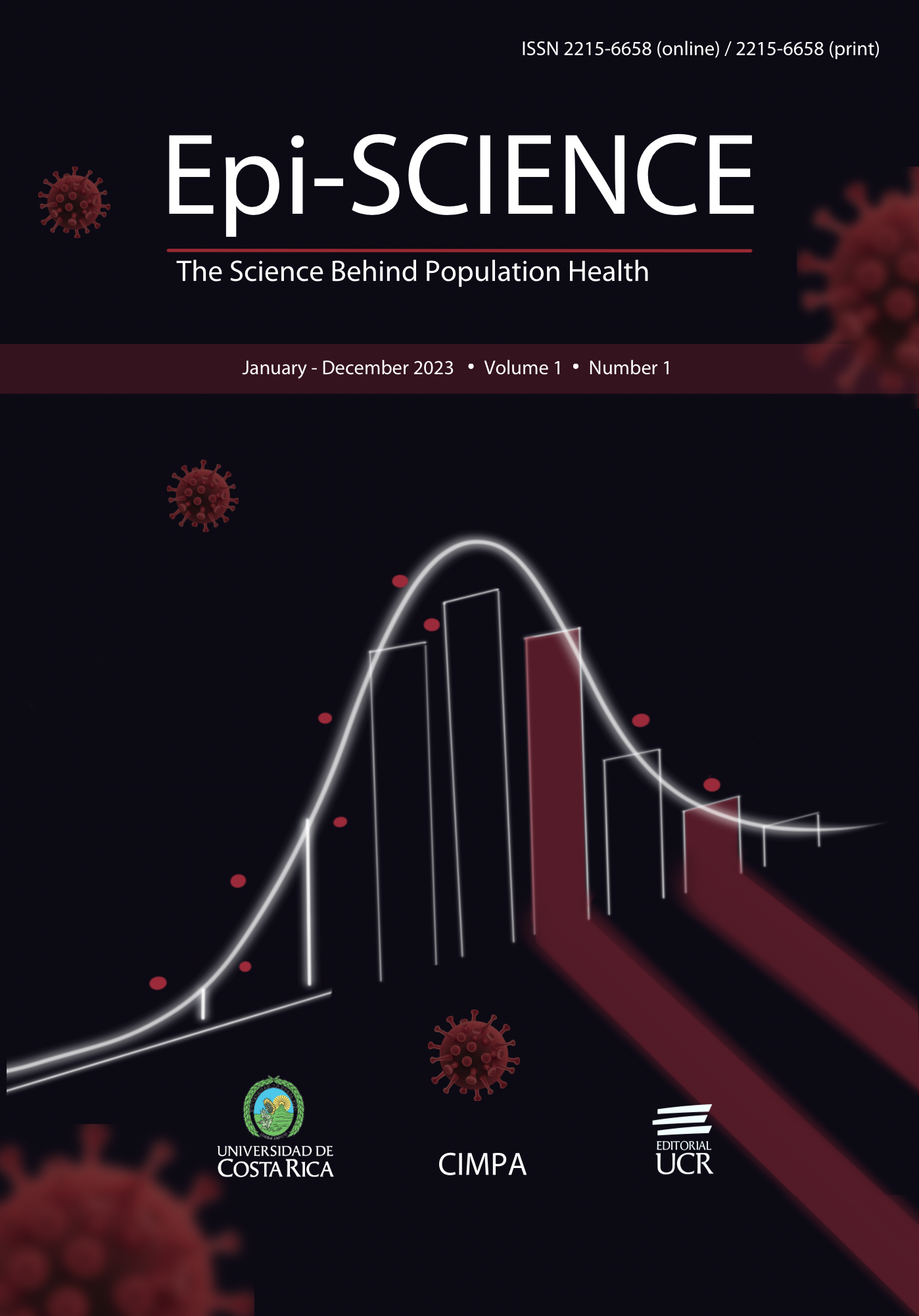Can we use the lessons of the pandemic to face the next humanitarian crises, now?
Perspectives for Mathematical Modelling on Population Health and its Determinants
DOI:
https://doi.org/10.15517/es.2023.55399Keywords:
Mathematical models; Evidence-based policy making; Population health; COVID-19Abstract
The COVID-19 pandemic is only one devastating example of the pressing need to effectively apply science to solve real-world problems in today’s global environment. Mathematical modelling applied to population health research and management is one effective tool to bridge that gap, but we are not using it to its full potential. This article presents a reflection on some lessons from successfully applying mathematical models to guide decision-making during the COVID-19 pandemic in Costa Rica. We assembled an inter- and cross-disciplinary team with three key characteristics: robust cutting-edge technical skills for mathematical modelling, an effective pathway to communicate with the decision-makers, and the capacity to translate what the decision-makers needed to know into parameters in the model, and vice versa. Lessons from this experience can guide on how to transform the use of mathematics to understand and improve population health and its determinants, to help us face the next humanitarian crises, now.

